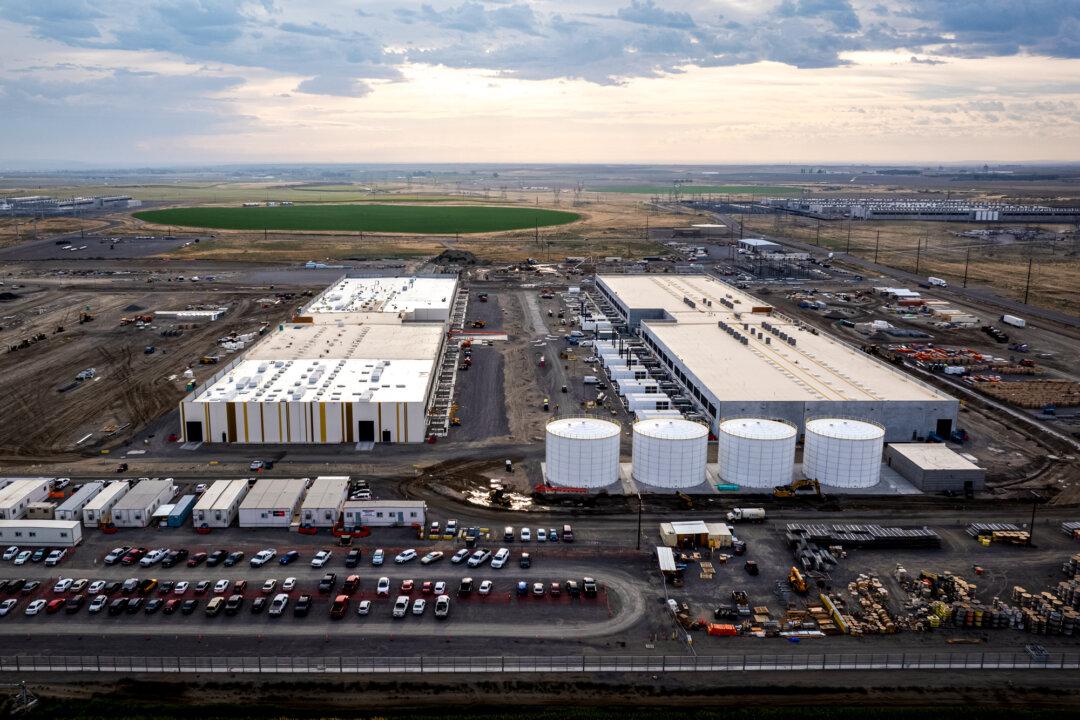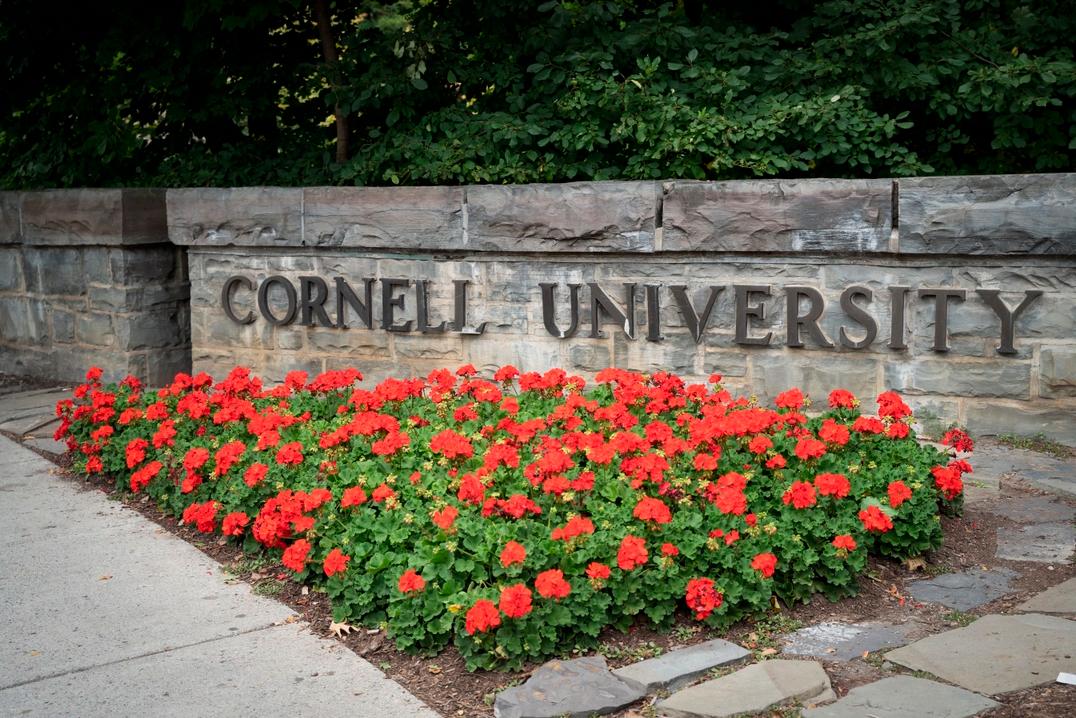Seven years after Oregon legalized recreational marijuana, the market for cannabis is booming. But rather than propagate a legal agricultural sector that grows the state’s economy as intended, the industry has taken a dark turn in Southern Oregon.
Today, it’s cultivating an ecosystem of international organized crime, human trafficking, and environmental degradation.





